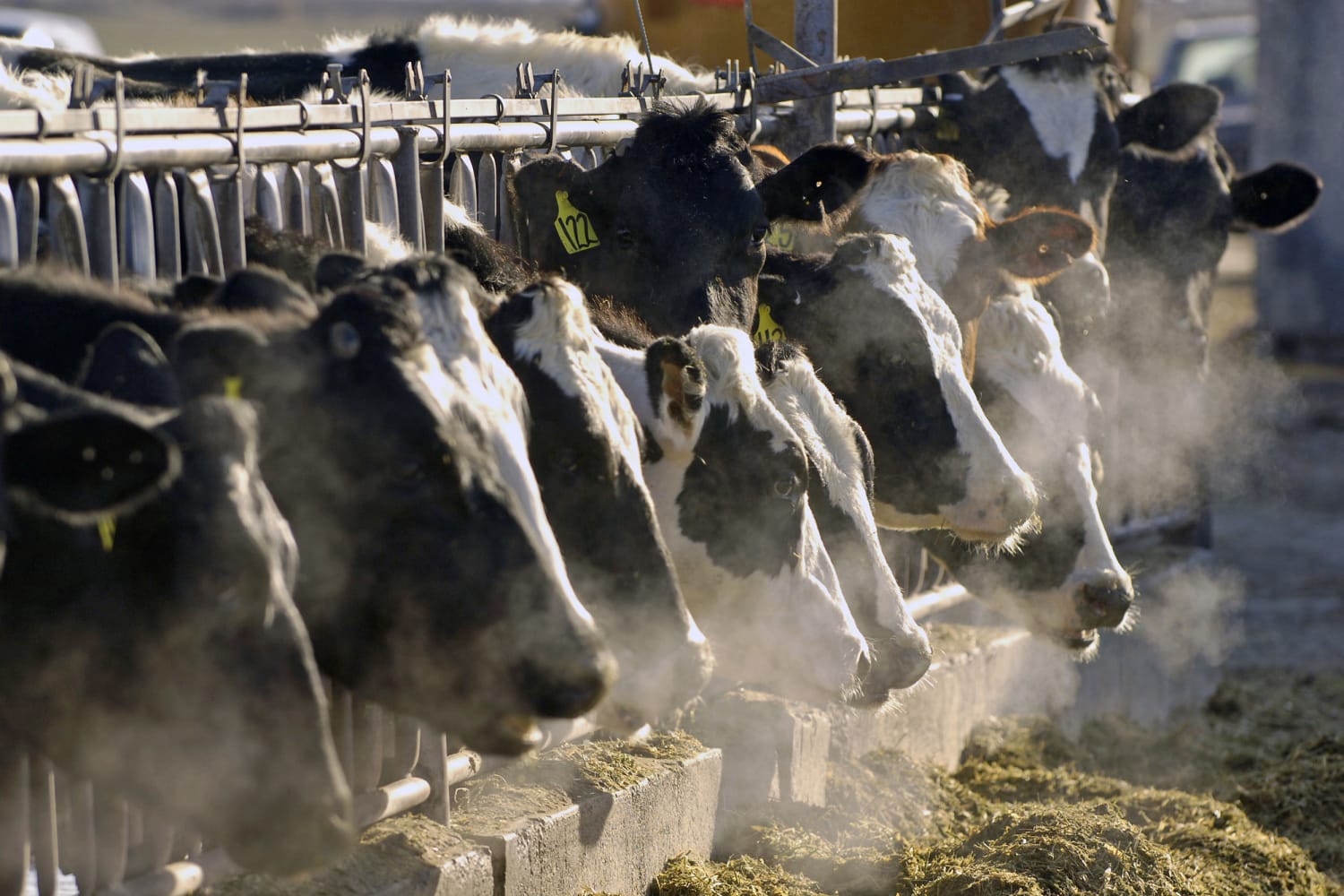A fourth person has tested positive for bird flu in the outbreak linked to dairy cows, this time in Colorado.
The Centers for Disease Control and Prevention reported Wednesday that the patient, a dairy farmer on a farm where cows also tested positive for the virus, had eye symptoms and recovered after being given the antiviral drug Tamiflu.
The case mirrors the course of illness seen in two earlier cases in this outbreak, in dairy workers in Texas and Michigan. The only symptoms developed in both were pink eye. A third patient, also in Michigan, did develop upper respiratory symptoms, including sore throat, cough, and congestion.
All patients have recovered and none of them had come into contact with anyone else.
“Based on the information available at this time, this infection does not change the CDC’s current risk assessment for human health to the American public from H5N1 avian influenza, which the agency considers to be low,” the agency said in a news release Wednesday.
According to the CDC, there is no evidence of an increase in flu-like illnesses that would indicate the virus — a strain called H5N1 — is spreading widely among people.
Since the outbreak was first discovered in March, more than 780 people who came into contact with sick cows have been monitored and 53 people have been tested for the virus, the CDC said Tuesday during a briefing with reporters.
Federal health officials said 4.8 million doses of a vaccine for this specific strain of flu could be available in the coming weeks. Pharmaceutical company Moderna is also in early stages of developing an mRNA vaccine for bird flu.
According to the Agriculture Department, 139 herds in 12 states were affected as of Wednesday.
The CDC recommends that anyone who comes into contact with dairy cattle wear protective gear, including safety glasses, waterproof aprons, and boots that can be disinfected. Health officials also strongly caution against drinking unpasteurized raw milk. Pasteurization has been shown to neutralize the virus in milk samples.
